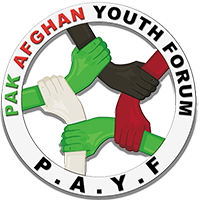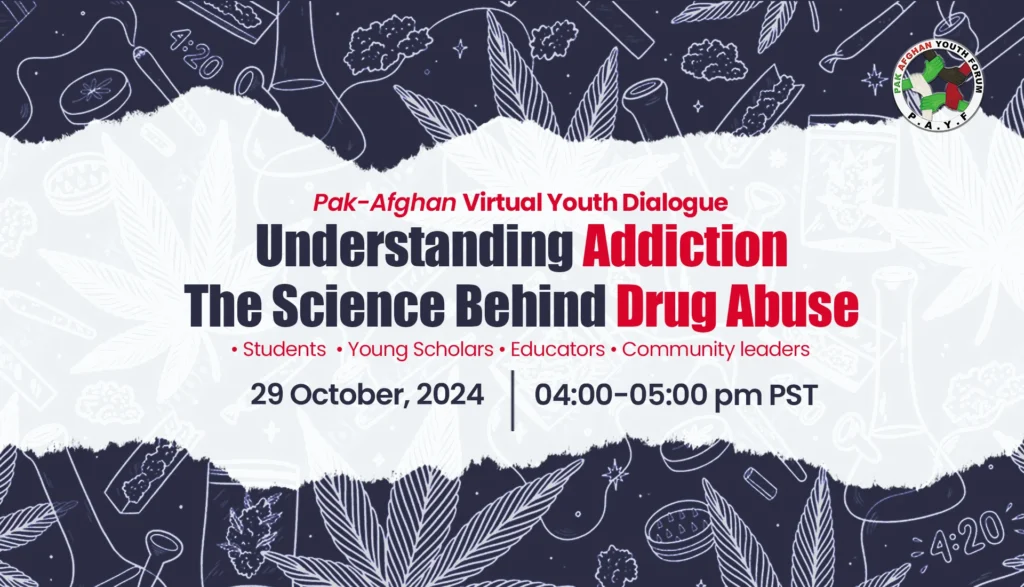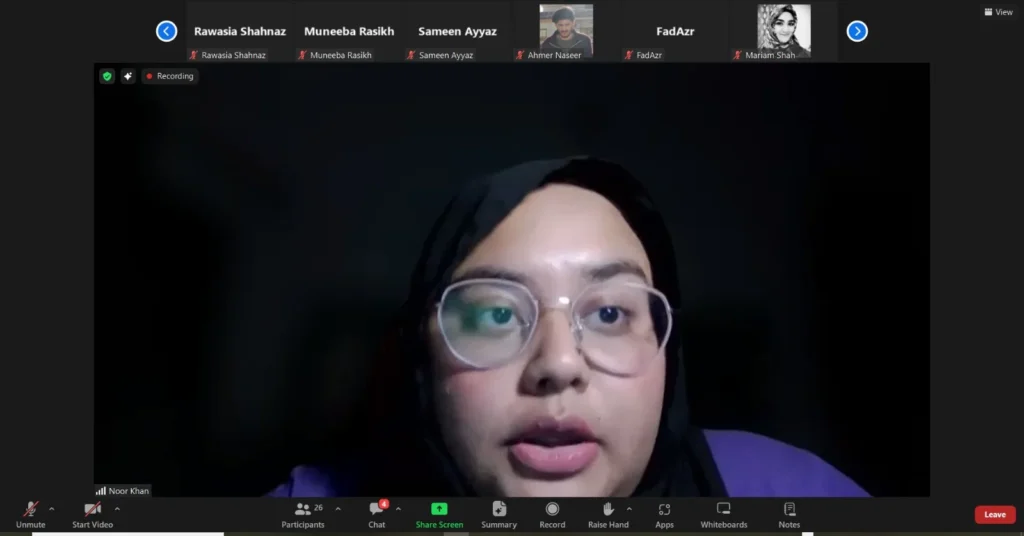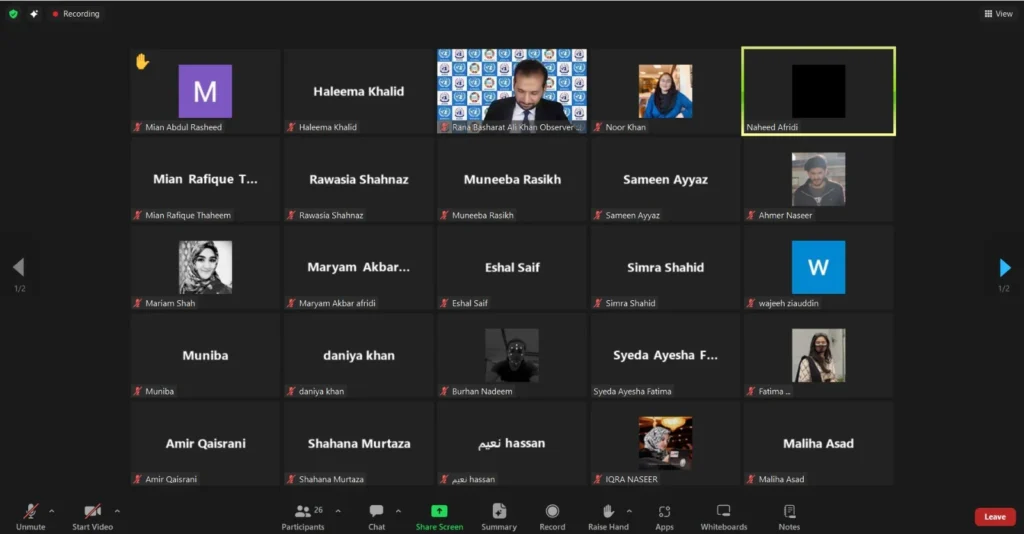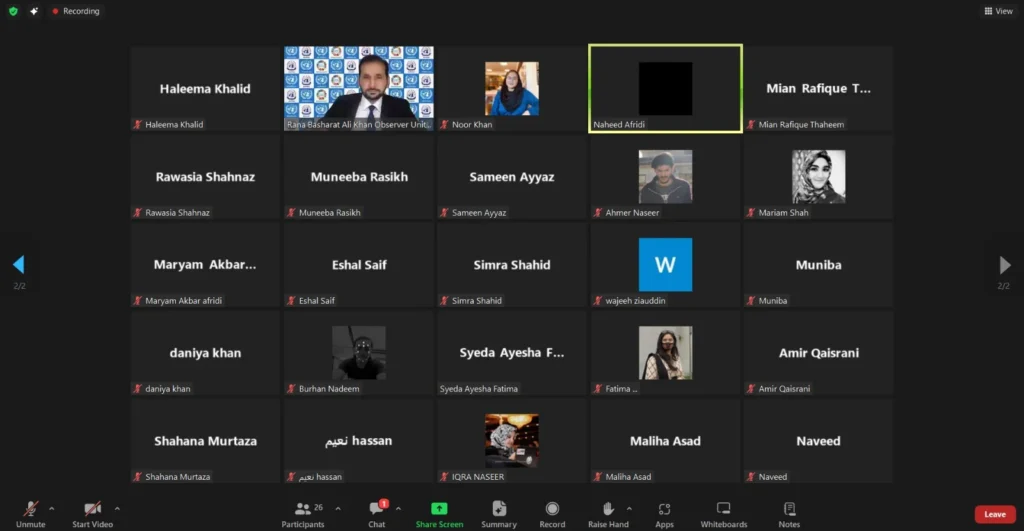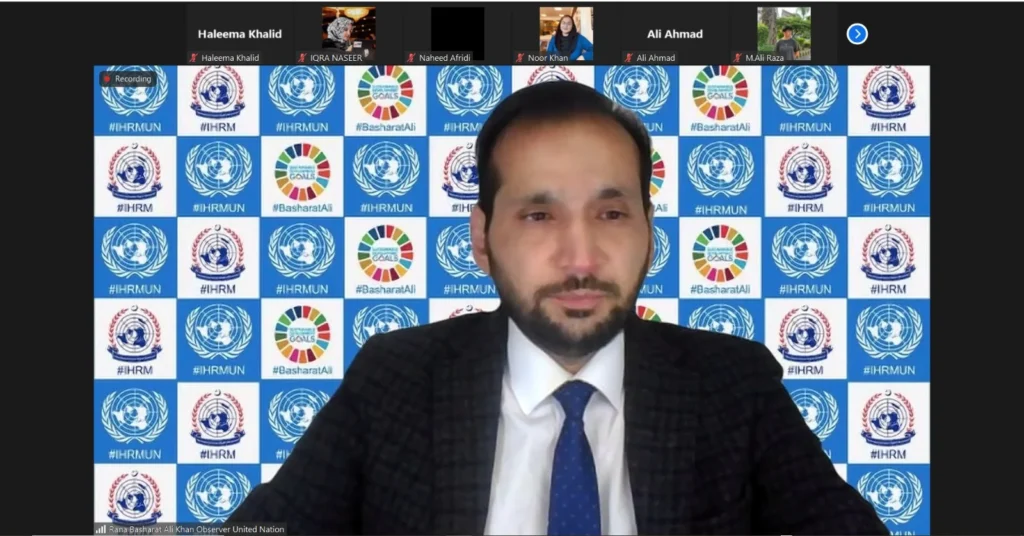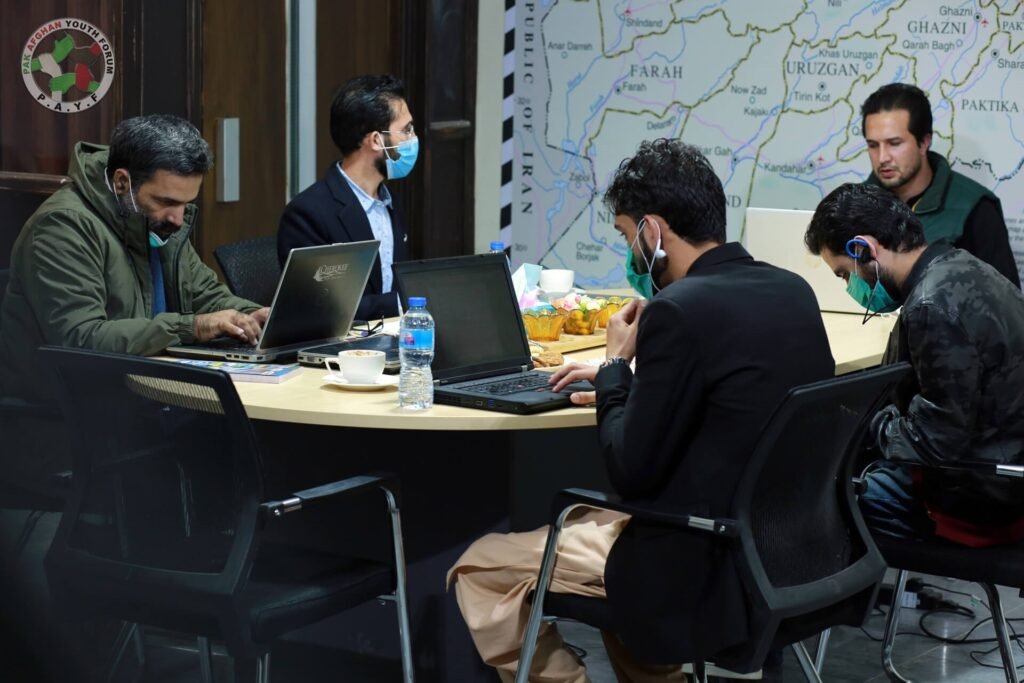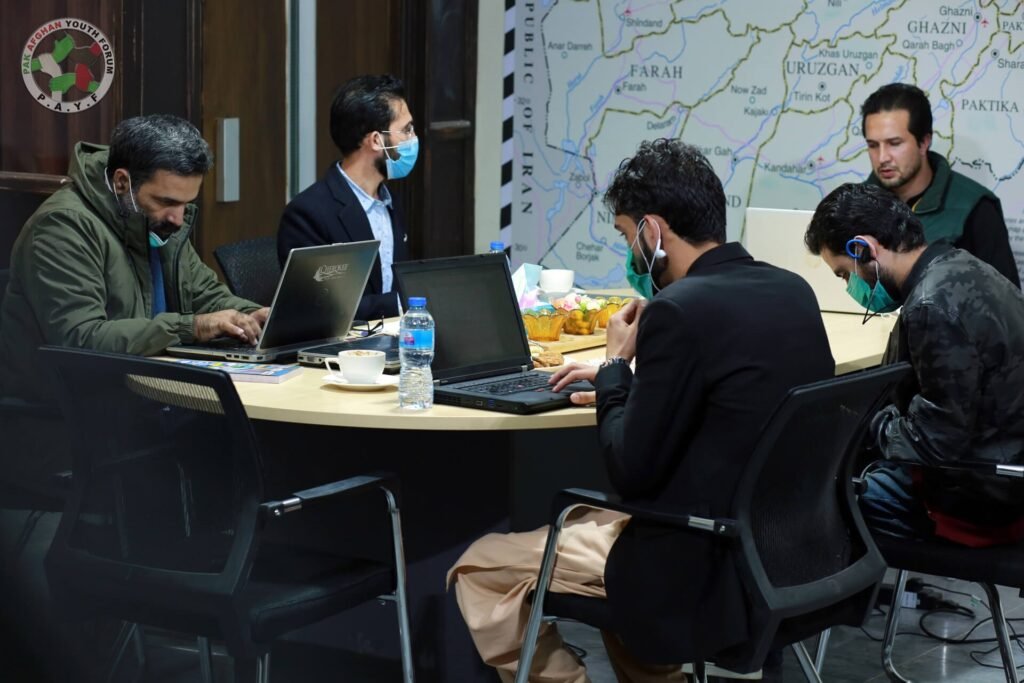Our recent webinar, “Understanding Addiction: The Science Behind Drug Abuse,” successfully brought together over 40 participants. This group included key voices in drug prevention and youth engagement. The event provided a platform to discuss the urgent global and local impact of drug abuse, particularly the 11 million people affected worldwide. It also addressed how Pakistan and Afghanistan are dealing with this challenge.
The discussion underscored the critical need for community-driven solutions and youth responsibility in tackling drug abuse. It emphasized that creating a drug-free Pakistan is achievable through dedicated societal and policy reforms.
Mr. Rana Basharat Ali Khan
Mr. Rana Basharat Ali Khan, Chairman of the International Human Rights Movement and Observer to the United Nations, highlighted the importance of collective responsibility. He referenced the 1988 UN Convention on Narcotics and noted gaps in its implementation in Pakistan and Afghanistan.
Mr. Khan discussed the role of youth in identifying and addressing drug trails. He called for anti-drug initiatives that unite communities. Drawing on Islamic principles, he urged the youth to embrace their duty as Muslims to combat drug abuse. He advocated for proactive engagement through community services and awareness campaigns.
Additionally, Mr. Khan stressed the need for increased budget allocations in education and healthcare. He compared Pakistan’s spending with that of developed countries and highlighted how infrastructure and resources are lacking in these sectors.
Ms. Noorul Huda Khan
Ms. Noorul Huda Khan, a social activist, focused on the social stigma faced by drug addicts in Pakistan. She emphasized the need to approach addiction with compassion rather than exclusion.
She discussed how societal or peer pressure often leads individuals into addiction. Ms. Khan called for improved support systems to help people overcome these influences. Sharing the transformative journey of actor Robert Downey Jr., she highlighted his transition from addiction to becoming a symbol of resilience.
Ms. Khan urged the youth not to treat addicts as outcasts but to support their rehabilitation. She outlined four steps to prevent drug abuse. She encouraged youth to avoid peer pressure, promote awareness, and foster a drug-free lifestyle. Additionally, she emphasized their role in creating an inclusive environment that offers hope to those affected.
Also See: Pakistan’s Ticking Time Bomb: The Drug Crisis
Conclusion
Webinar “Understanding Addiction: The Science Behind Drug Abuse” concluded with an interactive Q/A session. Both speakers emphasized the importance of compassionate solutions, community engagement, and educational reforms to address the root causes of drug addiction in Pakistan. Their combined insights underscored a vision for a future where proactive measures, youth involvement, and improved public health policies pave the way for a healthier society. The event ended on a hopeful note, with a call to action for all participants to contribute towards a drug-free Pakistan, stressing that with sustained effort and commitment, positive change is within reach.
